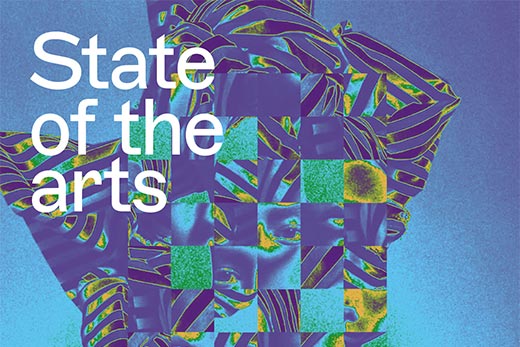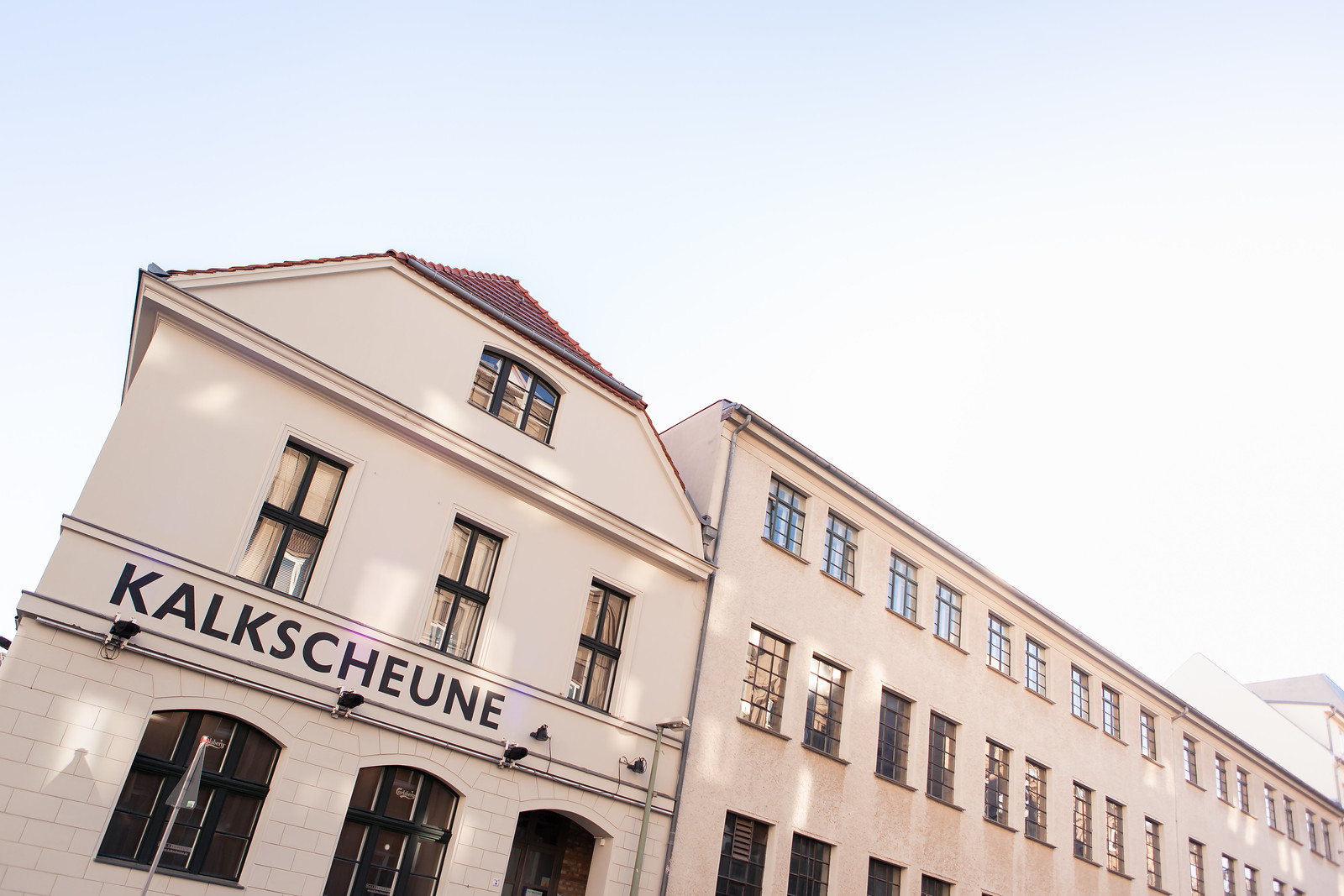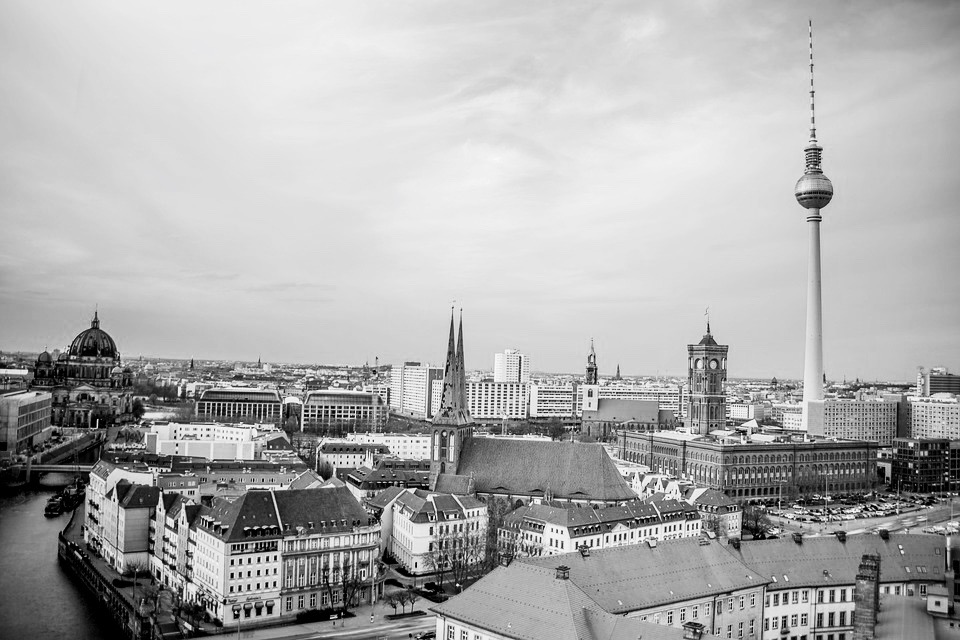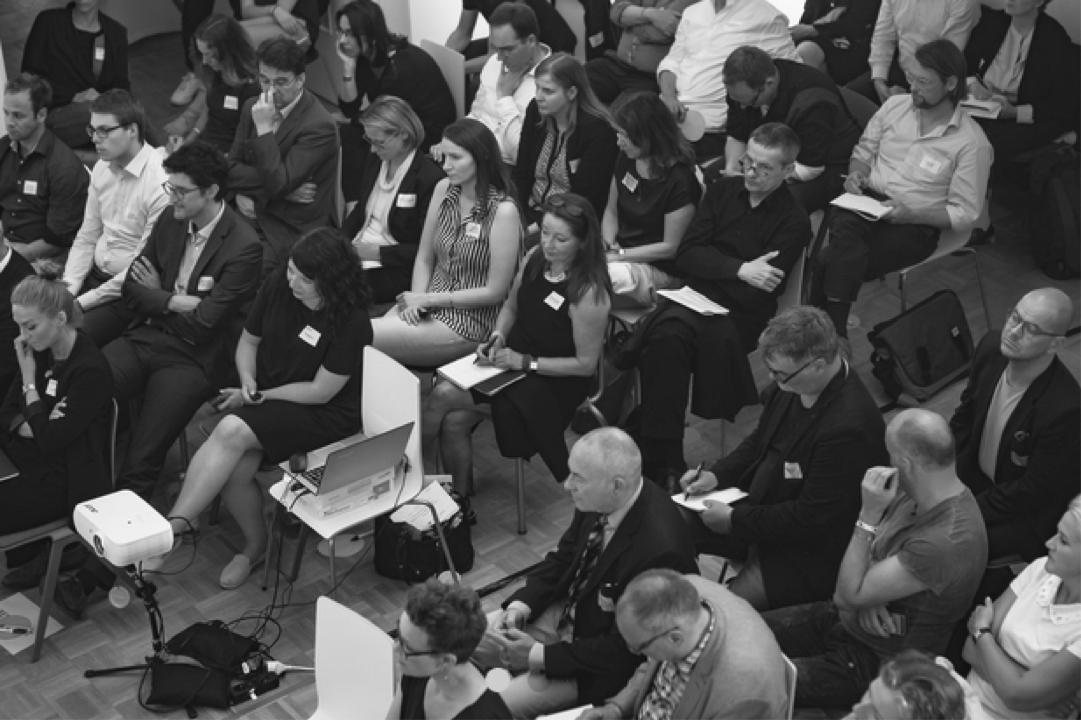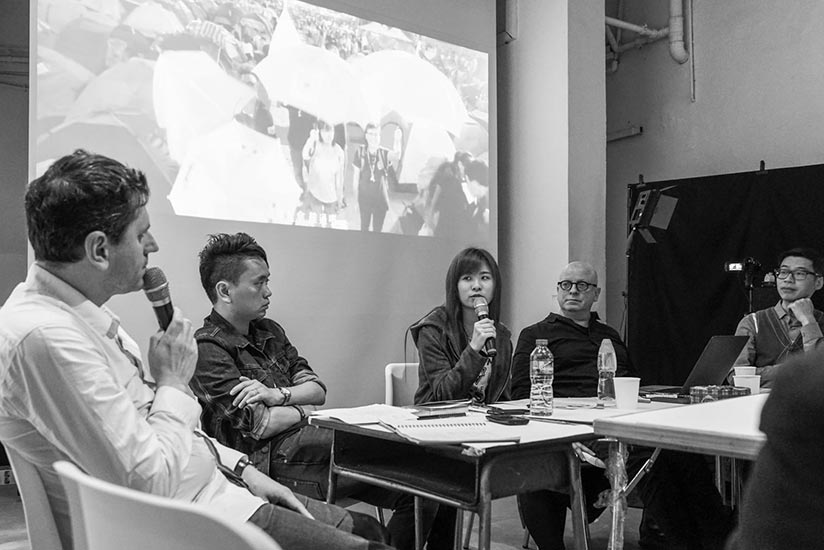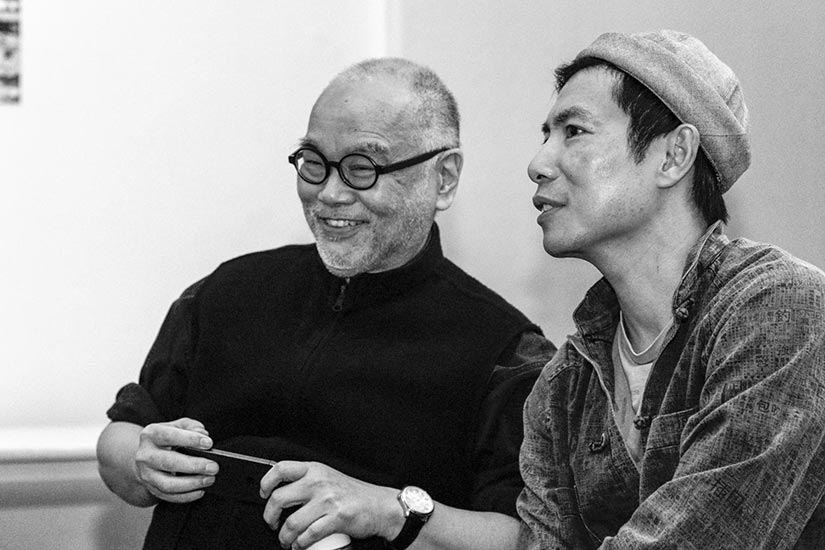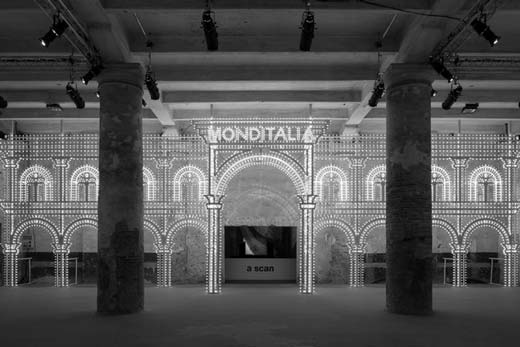Curating Culture: Knowledge
Looking at the abstract question of what knowledge is, how it is produced and transferred, and what that means for the documentation of this panel.
Between London and Zurich
This panel is part of a series of panels. Each investigates an aspect or question that springs up in the course of the venture CreativeEconomies. Located in different cities and co-curated by changing experts, these panels are site-specific events that are both connected to and independent from the venture. After events in Venice and Hong Kong, the initiative now went to London.
For the London Panel 2016 Simon Grand and Christoph Weckerle invited Andy Pratt, Professor of Cultural Economy at City University in London, as the co-curator. Mark Dunhill, Dean of Academic Programmes at Central Saint Martins, acted as the host and brought the discussion into the halls of one of London’s foremost art schools. With that, a collaboration between both two cities and two art schools was established.
Dr. Janet Merkel (City University London), Dr. Tarek Virani (Creative Works), Jack Fortescue (Acme), Ian Freshwater (Argent), and Jodie Eastwood (Knowledge Quarter) were invited as speakers. The panel took a conversational approach and aimed not to simply tell things as they are, but to provoke further thinking about how things could be. Therefore, many of the audience members had also come by invitation, as they had an equally important role to play.
The day carried the title Curating Culture: Knowledge, Places, Practices. While the main title marked the overarching theme, the individual sessions of the day followed the three areas to which the subtitle points. However, the demarcations between these three areas are not clean-cut, they are all intrinsically linked to one another, as the discussions during the day also confirmed.
Knowledge transfer and translation
The event started off with the least tangible of the three areas: Knowledge. What is it? How can it be transferred? How can it be organised? And how can it be articulated?
In reference to Paolo Freire, Pratt called into question the traditional “banking system” of knowledge. This, he pointed out, was how politicians usually liked to view knowledge. As something that can be uploaded to a bank – a storage facility – and downloaded whenever needed. It is an image of knowledge transfer that works “like a plumbing system”, as Pratt said. It operates under the belief that it is a system that can be engineered and streamlined.
But what if knowledge transfer is not as stable or linear a system as one might like to think? In relation to that, Pratt referred to the distinction between codified knowledge and tacit knowledge. The former being “what you can package up and pass around”, as he explained it. The latter being the kind of knowledge that resides more in our hands and our experience. The kind that is intrinsic to creative work. It exists in the making and – especially difficult when it comes to policy making – often evades codification and articulation.
Contributor’s quote: With a fixation on how knowledge is stored, in its dead form, we ignore how knowledge lives and breathes.
Andy Pratt suggested an alternative view of knowledge, as something that is not “lost in translation”, but rather “made in translation”. Translation is in itself creative work, and not mechanical work – like plumbing is.
About this documentation
This documentation should therefore also be seen as a translation. We are neither giving a direct report nor a complete summary of what was said and done. Instead, we consciously allowed our own perspective to translate what we heard and saw into something other. We tried to untangle the disparate strings of the conversational web, which an event like this spins over the course of a day. But in all this, our documentation hopes to open up rather than close down thoughts – just as the London Panel aimed to do. Because, as Andy Pratt so poigniantly pointed out with a glint of humour in his eyes, “otherwise we could have just given you a handout”.
Editorial Note:
Continuing the panel’s conversational approach, another layer that is woven into our texts consists of observations and images by Elliott Burns and Pita Arreola, who documented the panel from the London side of things. These inserts are marked by the prefix “Contributor’s quote”.
